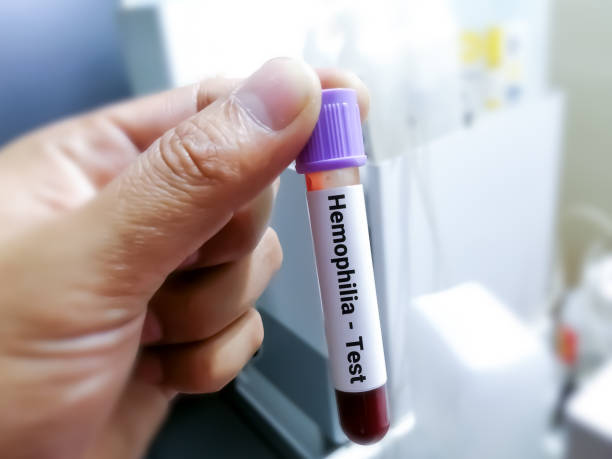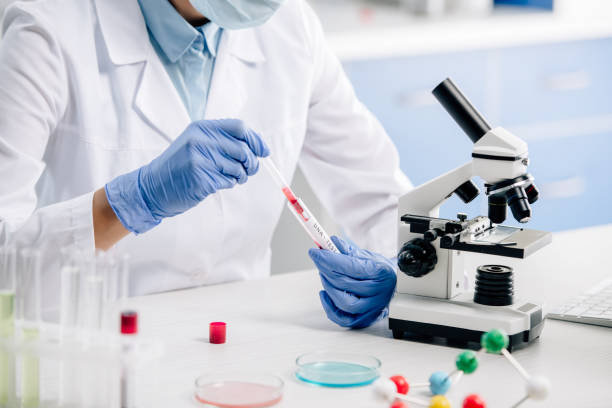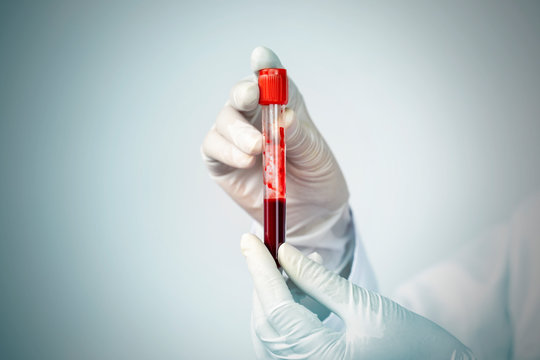Table of Contents
Hemoglobin Test: What It Is, Procedure & Results
What is a Hemoglobin Test?
A hemoglobin test measures the amount of hemoglobin in your blood. Hemoglobin is a protein in red blood cells that carries oxygen from your lungs to the rest of your body and returns carbon dioxide from your body to your lungs so you can exhale it. This test is a common part of a routine health check-up, helping to diagnose various conditions related to the blood.
Why is a Hemoglobin Test Done?
The hemoglobin test is often ordered to:
- Diagnose or monitor anemia (low hemoglobin levels).
- Assess overall health as part of a routine check-up.
- Monitor a medical condition that affects red blood cells.
- Evaluate the response to treatment for conditions like anemia.
Preparation for the Hemoglobin Test
No special preparation is required for the hemoglobin test. You can eat and drink normally before the test unless your doctor advises otherwise.
How To Increase Hemoglobin In A Week?– Also Read
Procedure
The hemoglobin test is simple and quick:
- Blood Sample Collection: A healthcare professional will clean the area, typically the inside of your elbow or the back of your hand, with an antiseptic wipe.
- Drawing Blood: A needle will be inserted into a vein to draw a small sample of blood. The blood is collected into a vial or test tube.
- Post-Sample Care: After the blood sample is collected, the needle is removed, and a bandage or cotton is applied to the puncture site to stop any bleeding.
The entire process usually takes just a few minutes.
Understanding the Results
Hemoglobin levels are measured in grams per deciliter (g/dL). Normal ranges can vary depending on age, sex, and overall health.
Normal Hemoglobin Ranges:
- Men: 13.8 to 17.2 g/dL
- Women: 12.1 to 15.1 g/dL
- Children: 11 to 16 g/dL
- Newborns: 14 to 24 g/dL
Low Hemoglobin Levels:
- Could indicate anemia, blood loss, nutritional deficiencies, or other medical conditions.
High Hemoglobin Levels:
- Could indicate polycythemia vera, living at high altitudes, smoking, dehydration, or other medical conditions.
Your doctor will explain your test results and what they mean for your health.
Follow-up
If your hemoglobin levels are outside the normal range, further testing may be needed to determine the underlying cause. Treatment will depend on the cause and may include dietary changes, supplements, medication, or other therapies.
Where to Get a Hemoglobin Test in Pune
For a reliable and accurate hemoglobin test, you can visit Sunrise Diagnostic Centre in Pune. They provide comprehensive diagnostic services with state-of-the-art equipment and experienced professionals.
Contact Information:
- Phone: 9028801188, 9028566644, 9028566611
- Address: Ground Floor, Shop No. 2, Business Hub Building Opp. Mirch Masala Hotel, Near Vandevi Mandir Karve Road, Karvenagar, Kothrud, Pune, Maharashtra 411038
- Get Direction
Conclusion
Regular hemoglobin testing is crucial for maintaining good health and early detection of potential health issues. If you have concerns about your hemoglobin levels or require a test, contact Sunrise Diagnostic Centre for professional and reliable services.
Feel free to contact Sunrise Diagnostic Centre for more information or to schedule your hemoglobin test today!
Frequently Asked Questions (FAQs)
1. What is a Hemoglobin Test used for?
A hemoglobin test measures the hemoglobin levels in your blood to check for anemia, overall health, or red blood cell disorders.
2. Why should I get a Hemoglobin Test done?
This test helps diagnose anemia, nutritional deficiencies, blood loss, and chronic health conditions affecting red blood cells.
3. Do I need to fast before a Hemoglobin Test?
No, fasting is not required. You can eat and drink normally unless your doctor suggests otherwise.
4. How is a Hemoglobin Test performed?
A small blood sample is taken from a vein using a needle. The procedure is quick, safe, and takes only a few minutes.
5. What are normal hemoglobin levels?
Normal ranges:
- Men: 13.8–17.2 g/dL
- Women: 12.1–15.1 g/dL
- Children: 11–16 g/dL
- Newborns: 14–24 g/dL
6. What does low hemoglobin indicate?
Low hemoglobin may indicate anemia, iron deficiency, vitamin deficiency, blood loss, or chronic illness.
7. What does high hemoglobin mean?
High levels may occur due to smoking, dehydration, living at high altitudes, or medical conditions like polycythemia.
8. Where can I get a Hemoglobin Test in Pune?
You can visit Sunrise Diagnostic Center in Pune for accurate hemoglobin testing, quick reports, and expert guidance.

Dr. Karishma Shinde, B.H.M.S (MUHS Nashik) PGD, EMS (RHC Pune and the Director of Sunrise diagnostics Centre along with her team works with a vision of rendering care for the happiness of humankind and freedom from illness.




